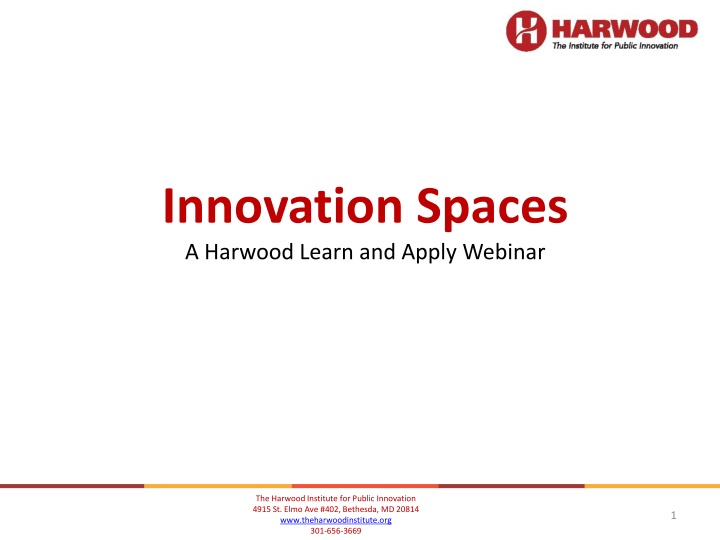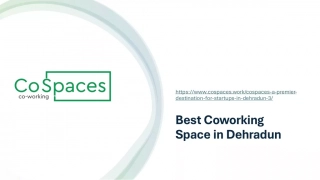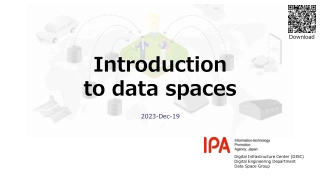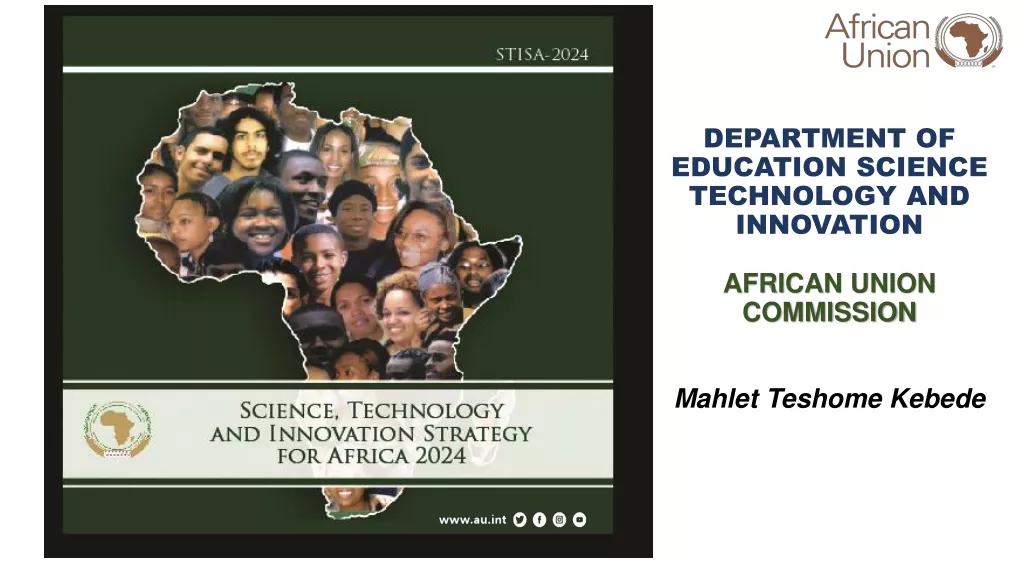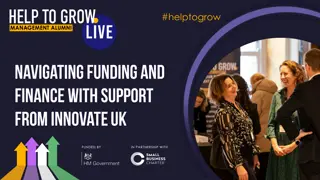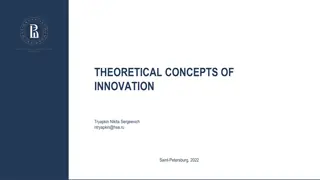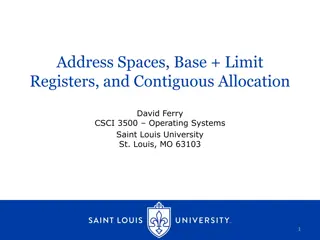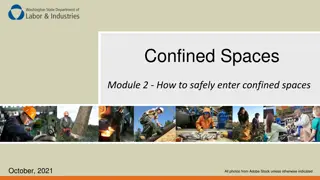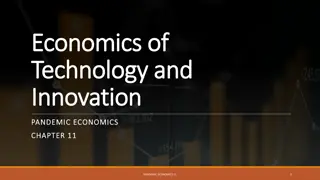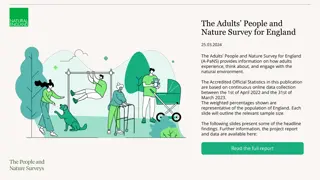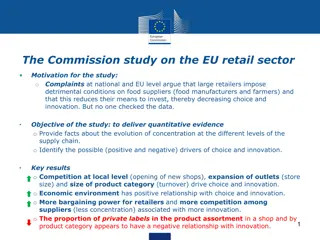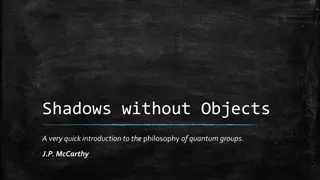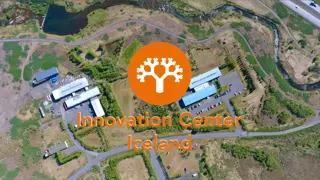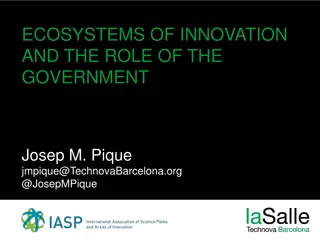Innovation Spaces
This content delves into the importance of ongoing learning in establishing a Turned Outward Learning Culture. Exploring the obstacles and strategies to create a culture that values community insights and continual learning, it emphasizes the need for dedicated time, safe spaces, and drawing lessons to apply learnings effectively. Discover enemies and assets shaping a successful learning environment that fosters collaboration and accountability.
Download Presentation

Please find below an Image/Link to download the presentation.
The content on the website is provided AS IS for your information and personal use only. It may not be sold, licensed, or shared on other websites without obtaining consent from the author.If you encounter any issues during the download, it is possible that the publisher has removed the file from their server.
You are allowed to download the files provided on this website for personal or commercial use, subject to the condition that they are used lawfully. All files are the property of their respective owners.
The content on the website is provided AS IS for your information and personal use only. It may not be sold, licensed, or shared on other websites without obtaining consent from the author.
E N D
Presentation Transcript
Innovation Spaces A Harwood Learn and Apply Webinar The Harwood Institute for Public Innovation 4915 St. Elmo Ave #402, Bethesda, MD 20814 www.theharwoodinstitute.org 301-656-3669 1
Innovation Space: What You ll Learn Learning from Community is Critical to Being Turning Outward Essential Tips to Establish a Turned Outward Learning Culture Enemies of a Turned Outward Learning Culture Innovation Space: A Tool To Create A Turned Outward Learning Culture 2
Innovation Space Why might learning on an ongoing basis be important to being Turned Outward? What does experience tell you gets in the way of this happening? 3
Innovation Space What has experience so far told you it takes to make this happen? What gets in the way? 4
Innovation Space Learning from Community Is Critical to Being Turned Outward Being Turned Outward requires us to know the reality of people s lives: what matters to them, and why requires us to take people s reality into account We can t take people s reality into account if we don t create space to share what we learn from the community 5
Establishing a Turned Outward Learning Culture 1. Dedicated time: Space on your calendar? 2. Safe space and ground rules 3. Over time: Sticking with it over time. 4. Continually draw lessons 5. Apply what you learn 6. Check in on group performance 7. Hold one another accountable 8. Include others 6
Enemies & Assets of Turned Outward Learning Culture Enemies to watch for Assets to develop Competing priorities robs time from learning Visible on your calendars not cancelled when time is tight People across organization bought together A culture that rewards doing / not learning Sticking with it. Take time to develop the culture. Not starting due to not being sure how to go about learning together Draw lessons from learning & Apply Dominance of planning techniques Holding each other accountable Learning is done individually / to connected across the organization 7
Innovation Space A Tool To Create A Turned Outward Learning Culture Four Questions Two Key Steps 8
Innovation Space A Tool To Create A Turned Outward Learning Culture Four Questions: 9
Two Key Steps Step 1: Keep The Focus on Learning Keep people focused on the initial questions be firm here What are we learning? Why is this important? What are the implications? Have a parking lot chart for planning ideas Start your first Innovation Space with a strong facilitator Keeps the conversation flowing Ensures that everyone is engaged Checks time to cover all four questions 10
Two Key Steps Step 2: Take Action with What You Learn Harvest the most important ideas Capture the most important insights. Write them down. Note where learning can be applied. Decide where the learning needs to go Decision-makers not present? A planning group or another standing meeting? Where, in your sphere of influence, can you use what you ve learned? Assign responsibility for sharing Hold yourself accountable for using what you learn 11
What do you make of this? What questions does this prompt you to ask? 12
